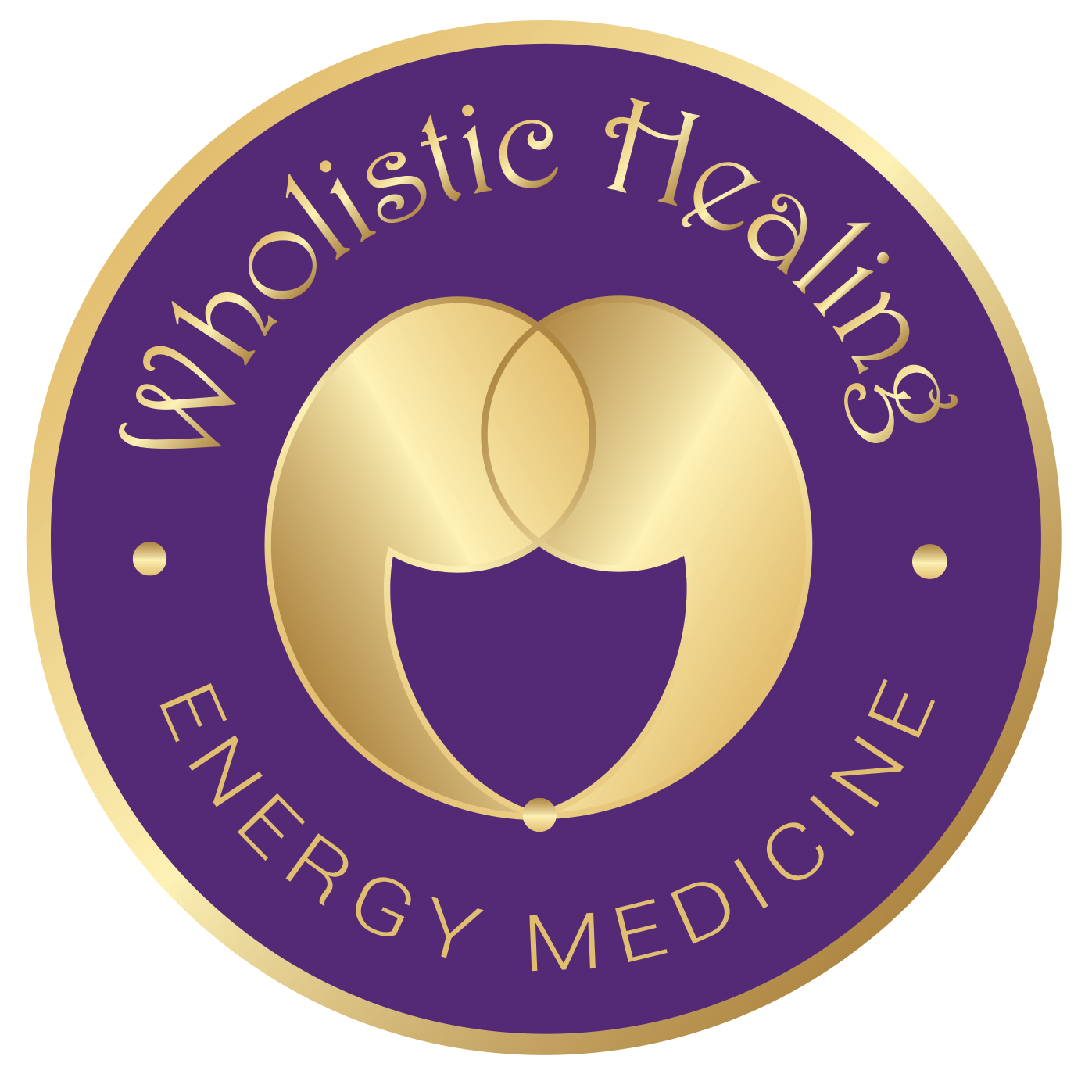Awareness is a fundamental aspect of our human experience. It allows us to perceive and understand the world around us, as well as our own thoughts, feelings, and physical sensations. Yet, despite its importance, many of us often go about our daily lives without being fully aware of what is happening within and around us.
What is Awareness?
Awareness can be defined as the state of being conscious and perceptive of one’s surroundings. It involves being present in the moment and paying attention to what is happening both internally (within oneself) and externally (in the environment).
There are different types of awareness, including:
- Physical awareness: This refers to being aware of one’s body, including sensations such as pain, tension, and relaxation.
- Emotional awareness: This involves being aware of one’s emotions and feelings, including their intensity, quality, and source.
- Cognitive awareness: This refers to being aware of one’s thoughts and mental processes, including beliefs, attitudes, and perceptions.
Why is Awareness Important?
For so many of us, we have become disconnected from our physical and emotional sensations. Developing awareness is crucial for personal growth and development. It allows us to understand ourselves better and make more informed decisions. When we are aware of our thoughts, feelings, and behaviors, we can identify patterns and habits that may be hindering our progress.
Generally the biggest hinderance to our progress is our traumas. That is all our experiences that we were unable to feel at the time. Those unexperienced emotions become trapped in our subtle and physical bodies. Through practicing awareness in a safe space and allowing ourselves to feel what is present somatically and emotionally we can begin to digest and dissolve our traumas.
This can be a delicate stage in the healing process as suppressed emotions that you were unable to experience fully at the time of your trauma begin to surface once more. It is important to move through this process gently and gradually to avoid becoming overwhelmed or dissociating. Proceed slowly, giving yourself the time and space you need. Here is a short awareness and relaxation practice you can try.
Remember that if this exercise feels too intense, you can stop at any time. There is no need to push yourself. Even coming back to it later may be better. When stored emotions, stress and old memories arise, move through them softly and gently at a pace that feels right for you. Self-compassion and non-judgement are key.
